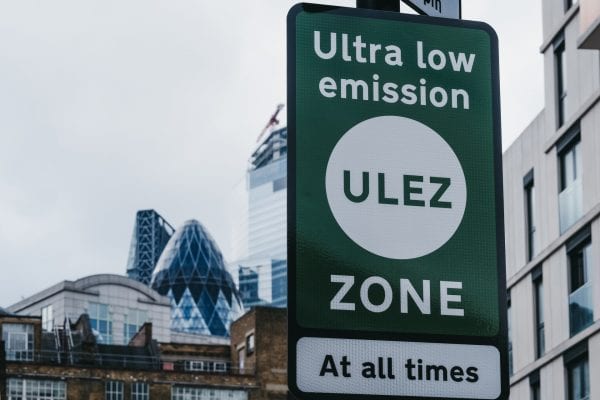Following the recent news that the newly re-elected London Mayor, Sadiq Khan, is planning on significantly expanding London’s Ultra Low Emission Zone, Godfrey Ryan, CEO of Kura, explains the implications of the policy on businesses.
“The commitment to this policy by the London Mayor is in line with the growing trend of regional leaders striving to make cities greener by tacking declining air quality. While currently only four cities across the UK have low-emission zones, many cities have stated an interest in introducing the policy in the future.
“These policies will have lasting implications for London businesses. Especially as we also continue to see rising costs of public transport, inner-city businesses must start taking action now if they want to continue to attract and retain the same calibre of employees.
Charges have also come into force for drivers entering Birmingham’s Clean Air Zone (CAZ). The zone was officially launched on 1st June, but there was a two-week delay to charges to give motorists “time to adjust”. From 0000hrs on Monday 14th June, drivers of a vehicle not meeting emission standards, and without an exemption, will face a daily fee.
Godfrey Ryan, CEO of Kura, highlights that employers need to play a greater role in supporting their teams on their home to work journey.
“A significant issue is that many employers still don’t see the work commute as their responsibility, but those who don’t offer their workers assistance or incentives to travel into the city may start to lose out to more forward-thinking competition.
“Employers should be exploring new ways to encourage and facilitate alternative forms of commuting, whether that be through shared transport or subsidising other forms of travel, with the overall goal being to reduce car usage and help make the commute safer, more affordable and environmentally-friendly.
“If we are to solve the issue of congestion and pollution in city-centres we must offer sufficient alternatives to entice commuters out of cars. The Councils and Local Mayors are providing the stick, but employers need to provide the carrot.”

